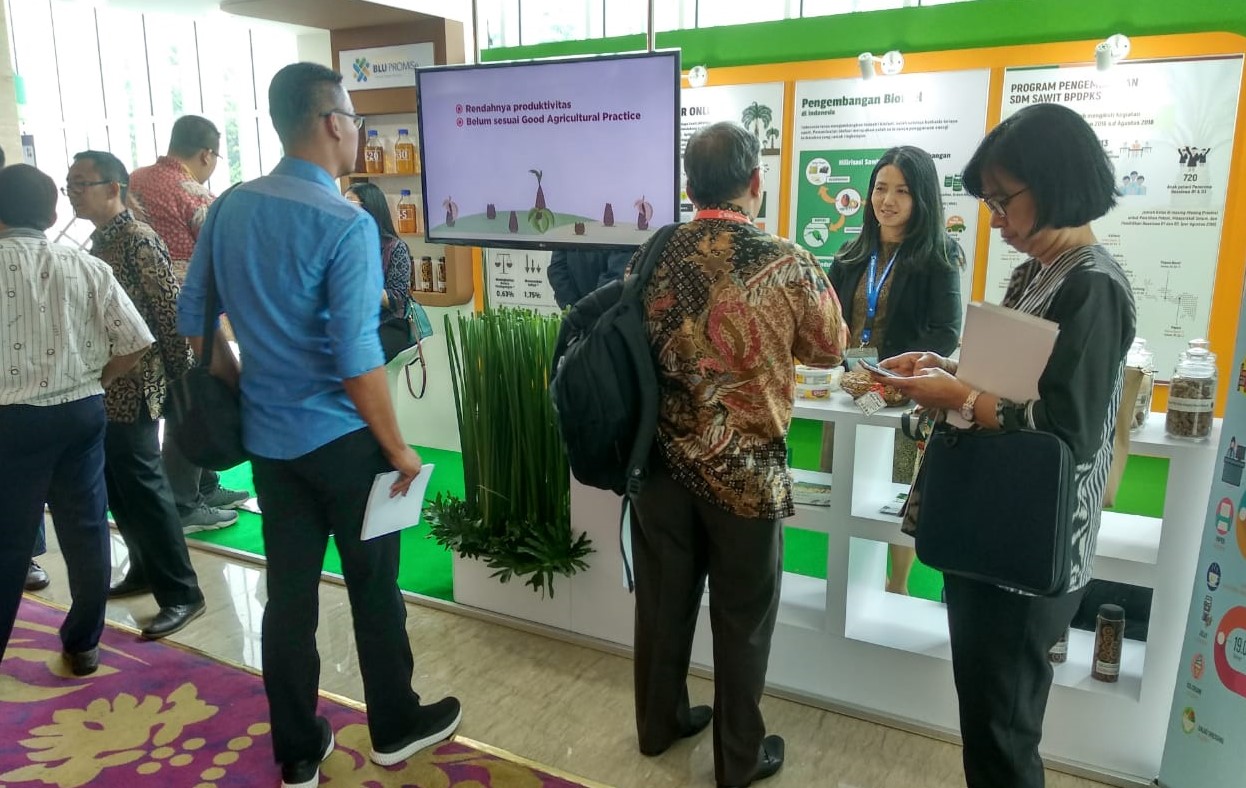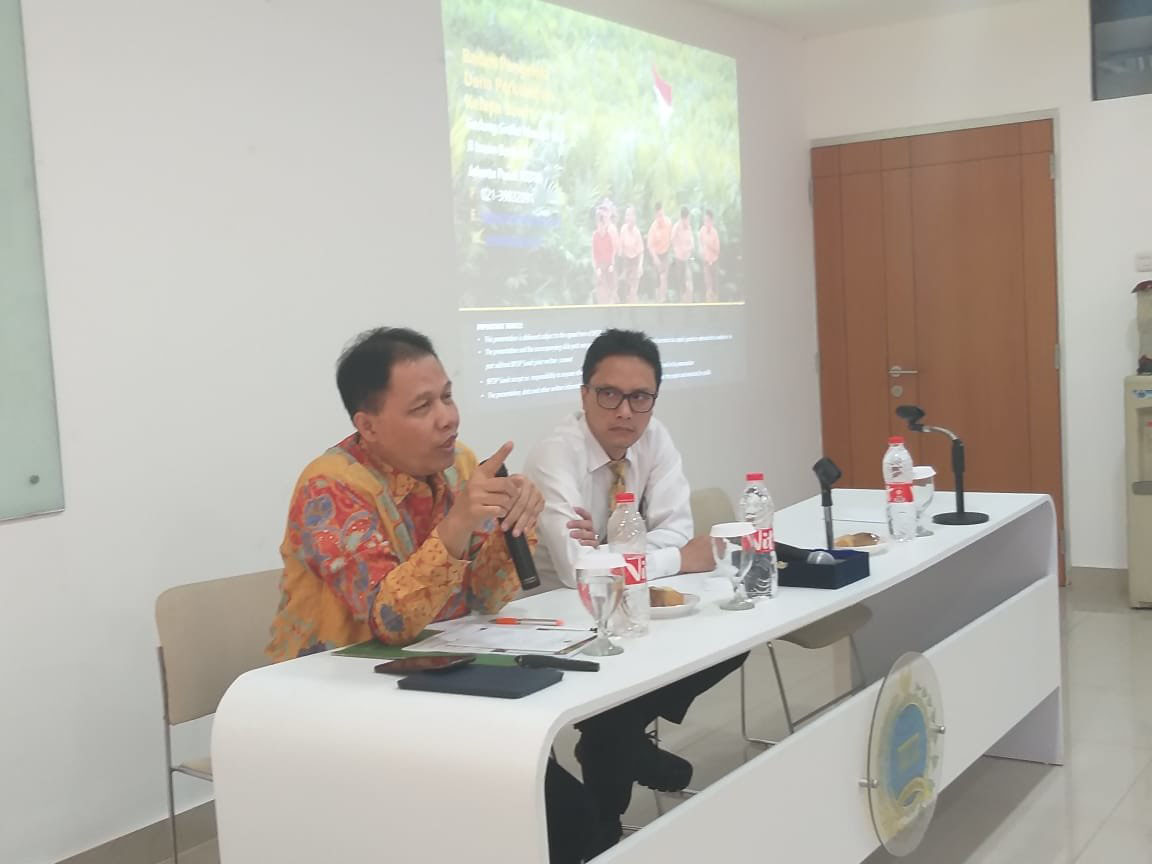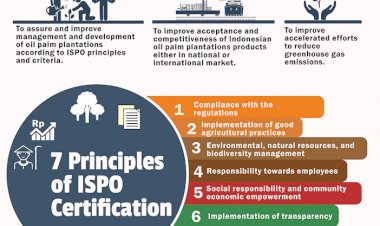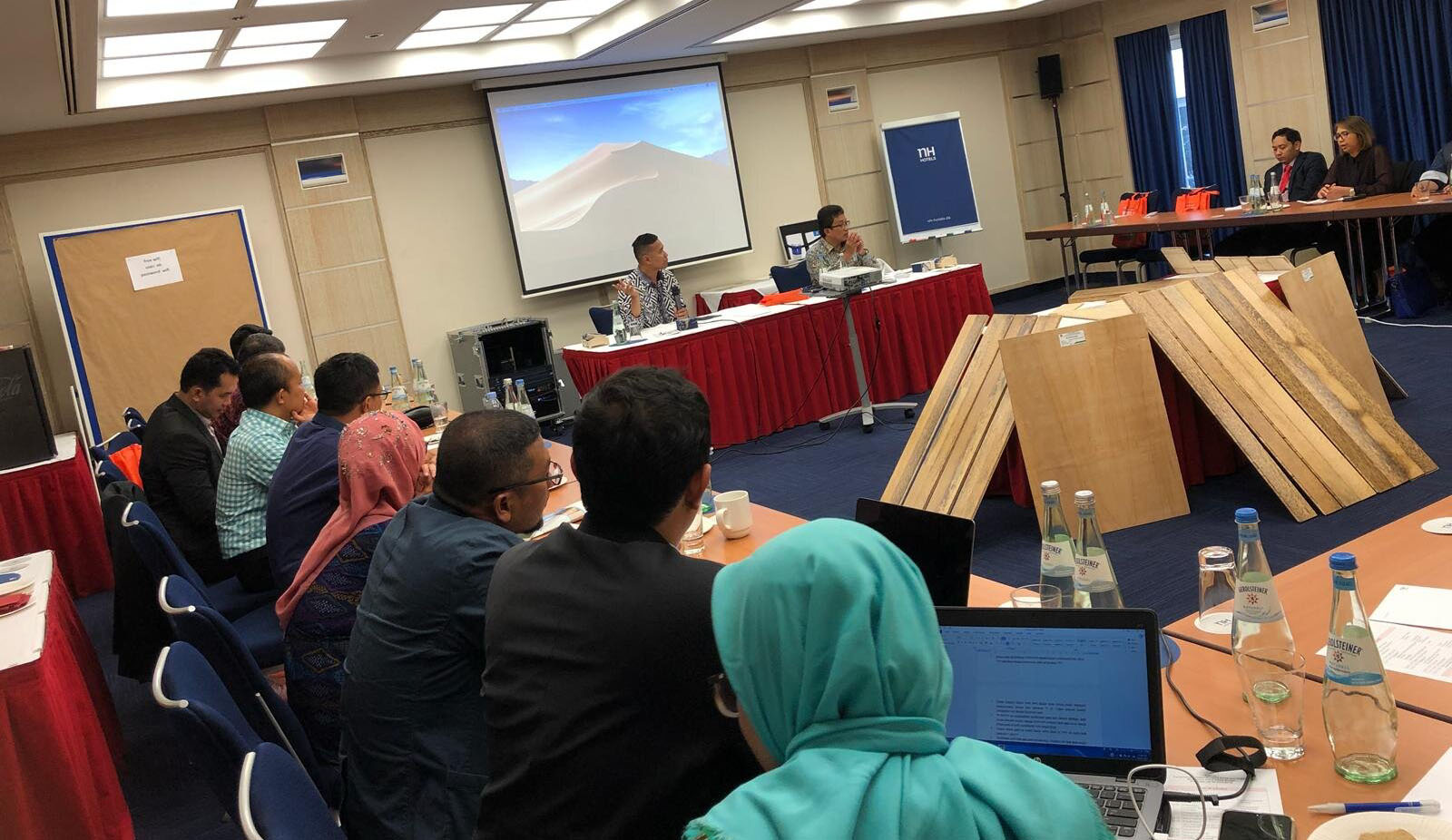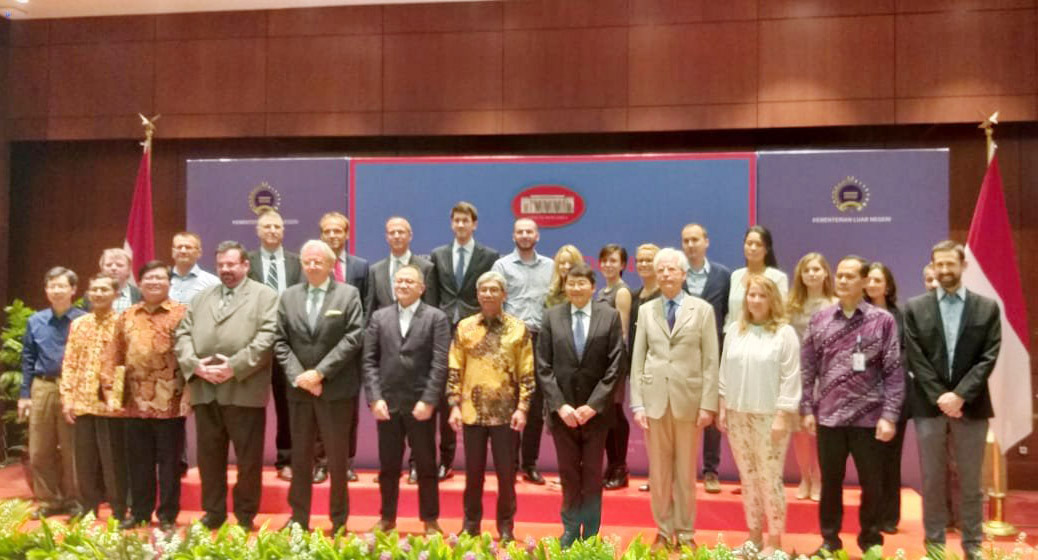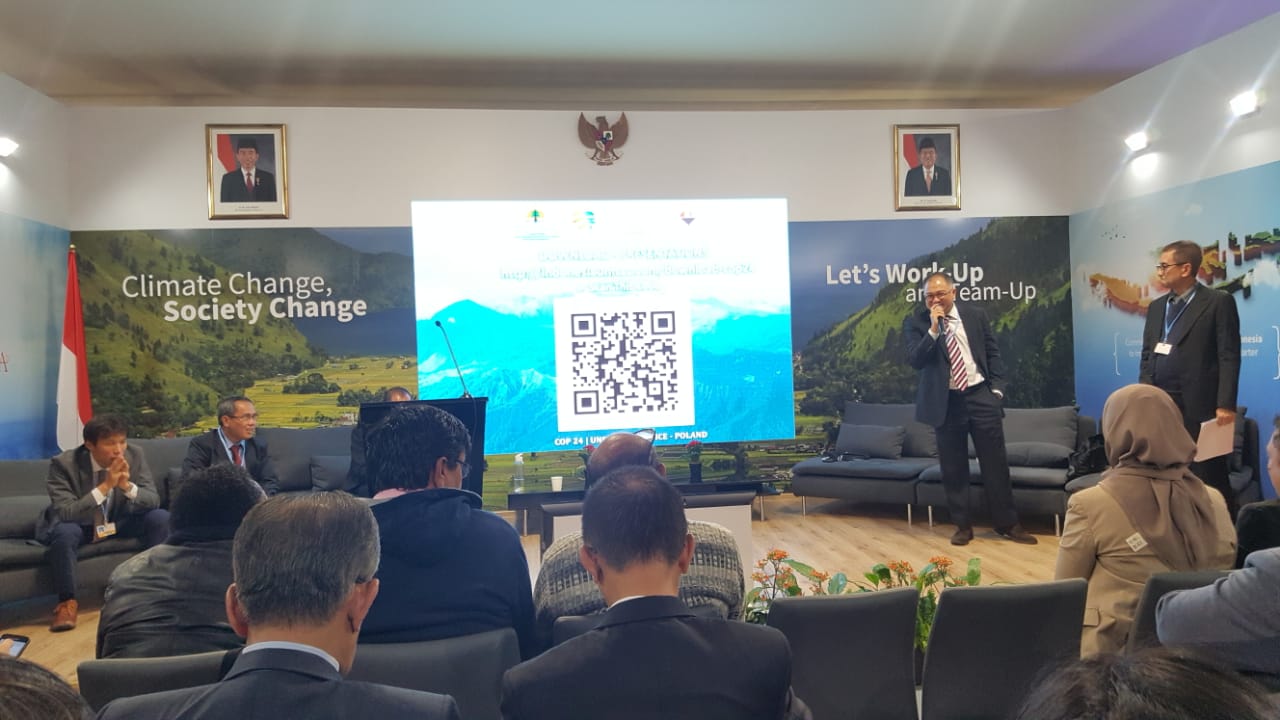Press Release: BPDPKS Intensifies Effort to Improve Quality of Replanting Program
BPDPKS is fully committed to strengthening national palm oil sector by continuously intensifying Smallholders’ Oil Palm Plantations Replanting Program (PSR) and implementation of Good Agricultural Practices (GAP) at farmers level.
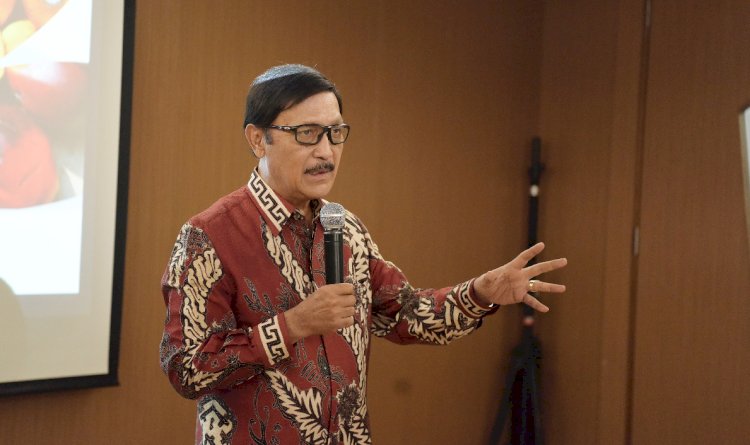
JAKARTA, 18 March 2020—The Indonesia Oil Palm Plantations Fund Management Agency (BPDPKS) is committed to strengthening national palm oil sector by continuously intensifying Smallholders’ Oil Palm Plantations Replanting Program (PSR) and implementation of Good Agricultural Practices (GAP) at farmers level. Those are current BPDPKS’s main program that are in line with the government’s objectives to strengthen the PSR program.
President Director of BPDPKS Eddy Abdurrachman said he immediately made actions to implement government mandate to strengthen national palm oil sector as soon as he was appointed to lead BPDPKS. “I was mandated to focus on improving PSR and continue BPDPKS previous programs,” Eddy said in a statement in Jakarta, Wednesday (18/3/2020).
Eddy said, the actions he would take included accelerating and improving quality of PSR program, empowering farmers’ institutions, helping smallholder farmers improve palm oil plantations management skills, as well as encouraging farmers to participate in downstream industry.
PSR is a government-initiated program to replant oil palm plantations, aiming to boost productivity. The program offers smallholders to replace old trees using high quality seeds. In this program, BPDPKS provides a grant of Rp25 million per hectare.
In order to accelerate the program, BPDPKS has introduced PSR Online, an application that allows farmers to complete and submit requirements online. Apart from that, the government has simplified procedures and requirements to make them easier for farmers to complete. Since then, grants distribution by BPDPKS has increased 621% from Rp313.53 billion in 2018 to Rp1.94 trillion in 2019 covering a total of 77,913 hectares area.
BPDPKS has also coordinated with farmers in a bid to reaffirm its commitment on improving services. On 13 March 2020, BPDPKS’ President Director Eddy Abdurrachman met oil palm farmers associations that are affiliated with Oil Palm Farmers Union (POPSI).
“We discussed concrete steps to implement BPDPKS program that will help farmers improve their capability and participation in palm oil industry,” Eddy said about the meeting.
He reiterated his view that coordination and communication were deemed necessary to formulate and implement PSR program to make easier for the farmers to access the program. Easy access for the farmers will encourage continuity in palm oil industry as also demanded by the government and all palm oil stakeholders.
Eddy also said that BPDPKS has other priority tasks to be continued and be strengthened including to support achievement of energy security by developing biohydrocarbons. The program would not only give significant impact to energy independence but also give opportunities to improve the livelihoods of smallholder farmers by using Fresh Fruit Bunches (FFB) they produce as key raw material used for biohydrocarbons.
Concerning research program, Eddy expected research funded by BPDPKS to stay focus on increased productivity of palm oil industry as well as to allow farmers to increase added value of their products. “We are expecting farmers to not only make money from selling oil palm fruits, but also from processed oil palm trunks, fronds, empty fruit bunches, shells, as well as other oil palm wastes.”
Eddy also talked about the work-from-home policy amid the spread of COVID-19. He said BPDPKS has rolled out a work-from-home policy as mandated by the government.
“We ensure optimal service by working remotely including on palm oil fund management process, PSR fund disbursement process, biodiesel (B30) development program, application process for third party funding support in a bid to develop sustainable oil palm plantations. We also optimize use of facilities and infrastructure we have to work on policy making, analysis, monitoring and evaluation,” Eddy added. ***


